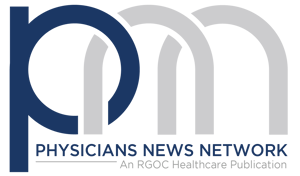Microsoft and Epic are collaborating to integrate generative AI tools through Azure OpenAI Service into EMR and workflows for non-clinical tasks, building on a long-standing collaboration between the two companies, aiming to increase productivity, enhance patient care, and improve the financial position of health systems worldwide.
One of the initial generative AI solutions focuses on drafting message responses to patients automatically. The tool is already being used by UC San Diego Health, UW Health in Madison, Wisconsin, and Stanford Health Care. Additionally, natural language queries and interactive data analysis will be brought to SlicerDicer, Epic's self-service reporting tool, allowing clinical leaders to explore data through conversational voice queries.
"Integrating generative AI into some of our daily workflows will increase productivity for many of our providers, allowing them to focus on the clinical duties that truly require their attention," said Chero Goswami, Chief Information Officer at UW Health, according to digitalhealth.net
Microsoft, a key investor in OpenAI, is also incorporating OpenAI technology and services into Nuance, a natural language processing company it acquired for $19.2 billion in March 2022. Last month, Nuance launched DAX Express, the latest version of its ambient AI natural language processing tool that can automatically turn a consultation into a structured record.
“Our expanded partnership builds on a long history of collaboration between Microsoft, Nuance and Epic, including our work to help healthcare organizations migrate their Epic environments to Azure. Together we can help providers deliver significant clinical and business outcomes leveraging the power of the Microsoft Cloud and Epic,” said Eric Boyd, corporate vice president, AI Platform, Microsoft, in a press release.
Microsoft urges the fact that Azure and Azure OpenAI Service, including any of its component technologies, are intended for general-purpose use and are not intended or made available as medical devices, diagnostic tools, or substitutes for professional clinical advice or opinions.

